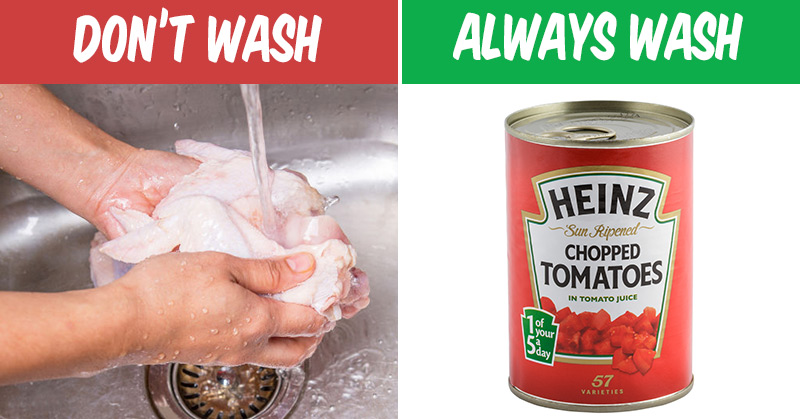“It’s better to be safe than sorry,” we always say. Making decisions with this mantra can be handy. We’ll bring snacks on a road trip “just in case.” We’ll pack Advil into our purses and backpacks “to be safe.” This motto also comes into play when it comes to washing foods. Many people handle our food before it comes into our kitchens and sometimes the products are sprayed with inedible preservatives. Rinsing our foods cleanses these chemicals and makes them safer for us to eat.
3 Foods You Must Never Wash
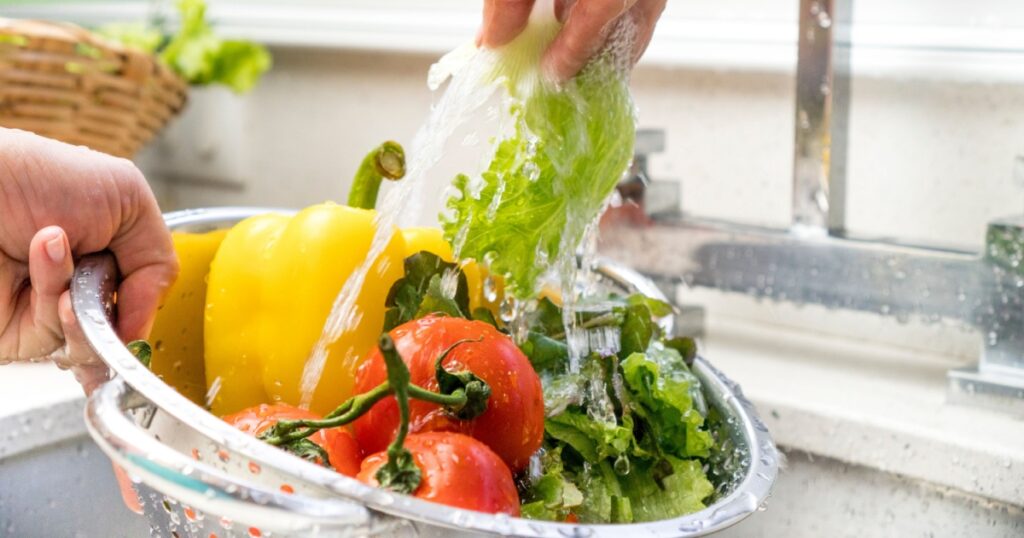
However, there are some foods that are unhealthy to wash. Here are three foods you should never rinse and three you absolutely must.
1. Chicken
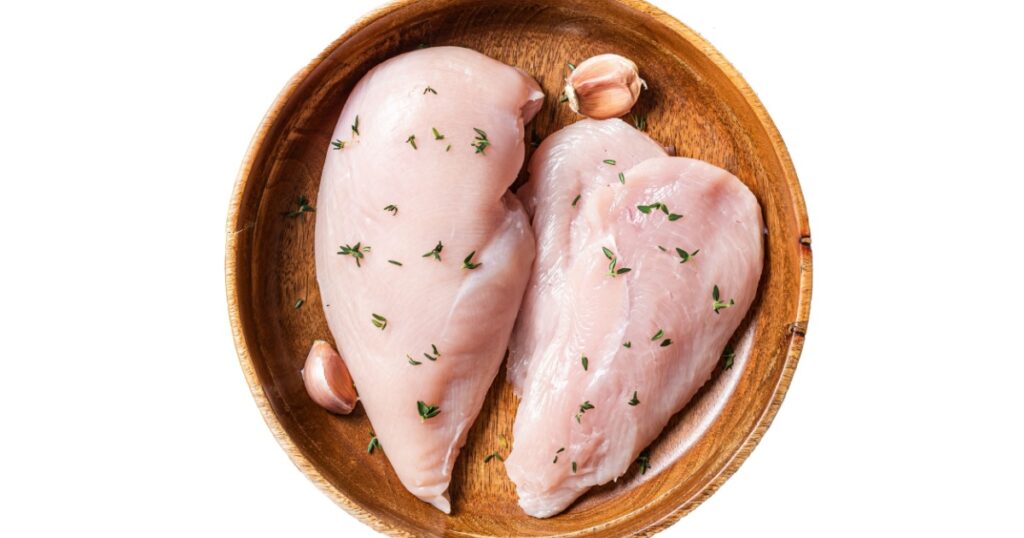
Many people believe in rinsing their chickens before cooking to remove the present bacteria on the meat. This practice is completely wrong. Putting the chicken under the tap or dropping it in water pollutes the water with the bacteria in raw meat. This bacteria, invisible to the human eye, can splash onto the counter, sink, table, or wherever it touches.
One particularly common bacteria in raw chicken is salmonella. This can make anyone, especially children, sick with symptoms like fever, diarrhea, and abdominal cramps. This disease can manifest itself between 12 and 72 hours after the person is exposed to the bacteria and the infection can last between 4 and 7 days. Published studies have shown that 47% of people who wash their raw chicken are affected by this disease. However, salmonella and other bacteria are destroyed when it is cooked at a temperature of at least 165 degrees, which is why it’s crucial to have the food fully cooked before consumption.
Read More: Brittle Nails? Poor Sleep? Start Eating More Of These Foods Immediately
2. Eggs
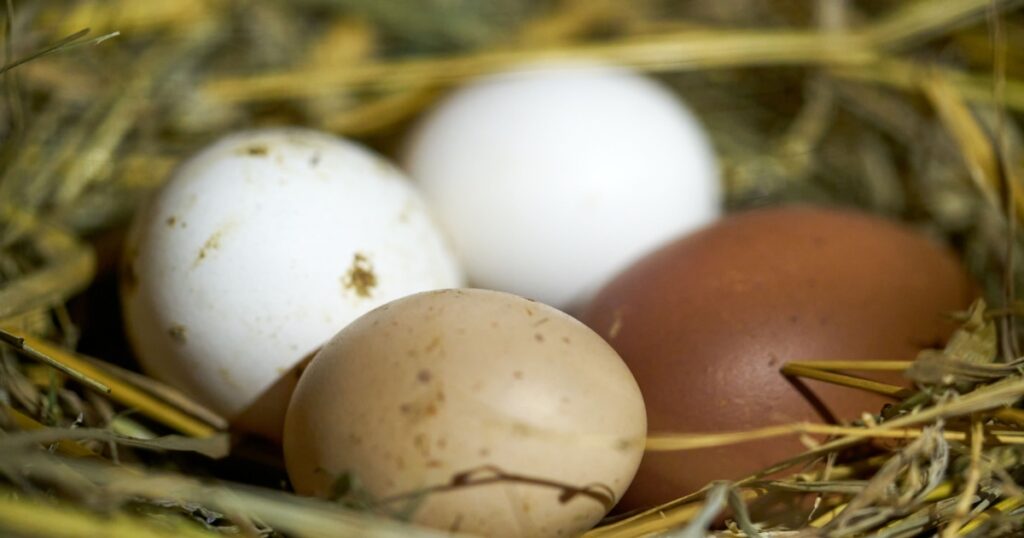
When you buy eggs, they are covered with a protective layer that isolates the bacteria on them and prevents contamination of other foods. When you rinse the eggs before you crack or boil them, you remove this protective layer and risk contamination and infection.
3. Fish
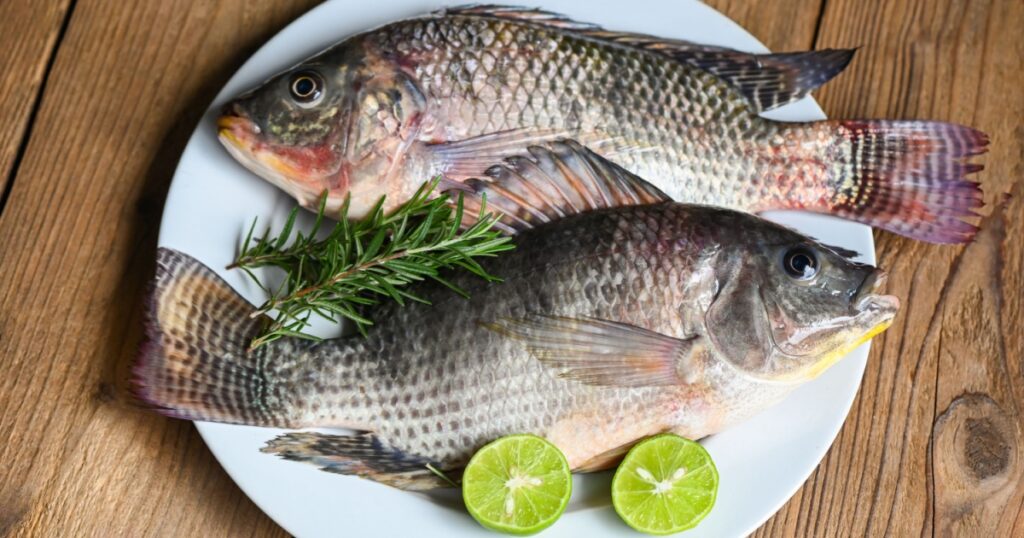
Washing raw fish won’t get rid of the bacteria, rather it will spread the contamination to other surfaces, just like uncooked chicken.
3 Foods You Must Wash
Washing certain foods can remove harmful pesticides, bacteria, dirt, and other contaminants that may be present on the surface. Not only does this help prevent foodborne illnesses, but it can also enhance the flavors of your dishes. Here is a list of foods you should always wash before consuming or cooking to ensure you and your loved ones stay healthy and enjoy the best possible flavors.
1. Canned Foods
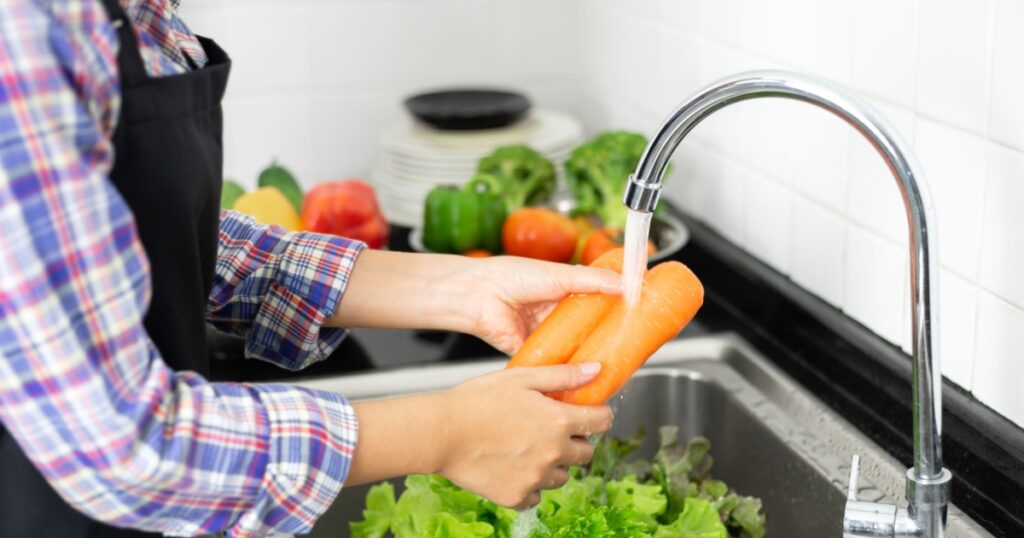
When you take a can out of the pantry, it is more likely you will reach for the can opener than the tap. Consider this: the lid is designed to stop any present bacteria from touching the food inside. When you take out the food, it is coming into contact with this bacteria. Rinsing the can before opening it eliminates this problem. Also, be sure to wash the food inside the can to get rid of the preservatives used in the manufacturing of the product.
Read More: 6 Foods That Can Make You Pee To Avoid Before Bedtime
2. Fruit & Vegetables with Edible Peels
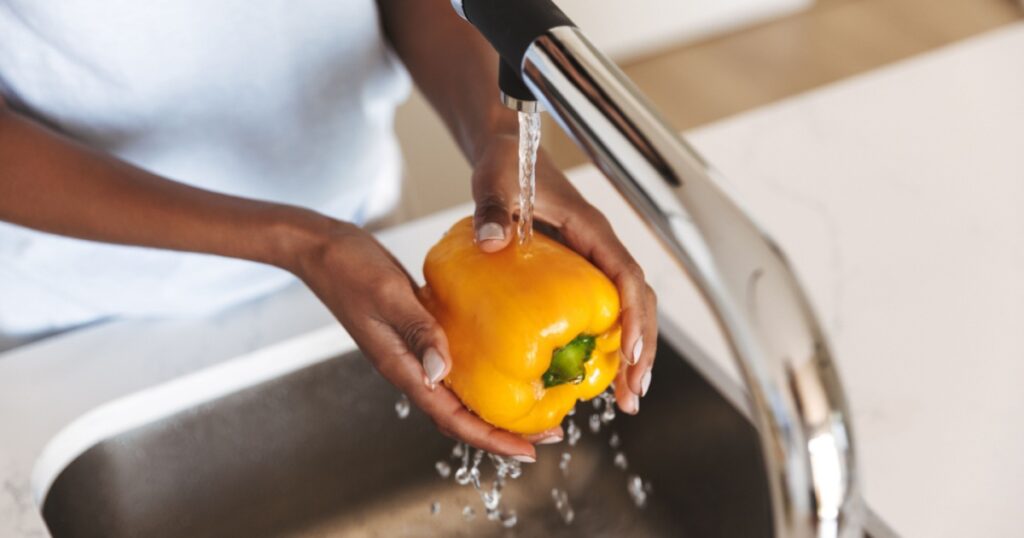
Never consume produce with edible peels that were not washed. Rinse them with cold water just before eating, and do not use soap. Some people think soap is a good way to kill the bacteria but, contrarily, the pores of the vegetable or fruit will absorb particles of the soup that are unhealthy for human consumption.
To reduce even more bacteria, dry your washed produce with a paper towel. Even if you choose organic fruit and vegetables, you must still wash them before eating. Just think about how many hands had touched the food from the farm to the grocery store before it came to your kitchen. Also, the water spray groceries use to keep their produce fresh longer, does not count as rinsing! Try this Fit Organic Produce Wash.
3. Fruit & Vegetables with NON-Edible Peels

I’d bet you’ve never thought to wash a banana before peeling it. However, the bacteria on the peel can transfer to the inside of the fruit and vegetable when you slice through it. Picture yourself cutting a lemon. The knife slices through the peel carrying the bacteria and brings it to the citrus inside. The same goes for oranges, watermelons, and squashes. Remember to wash the peel first.
Read More: 10 Foods That You Should Eat Daily For Clean Arteries
